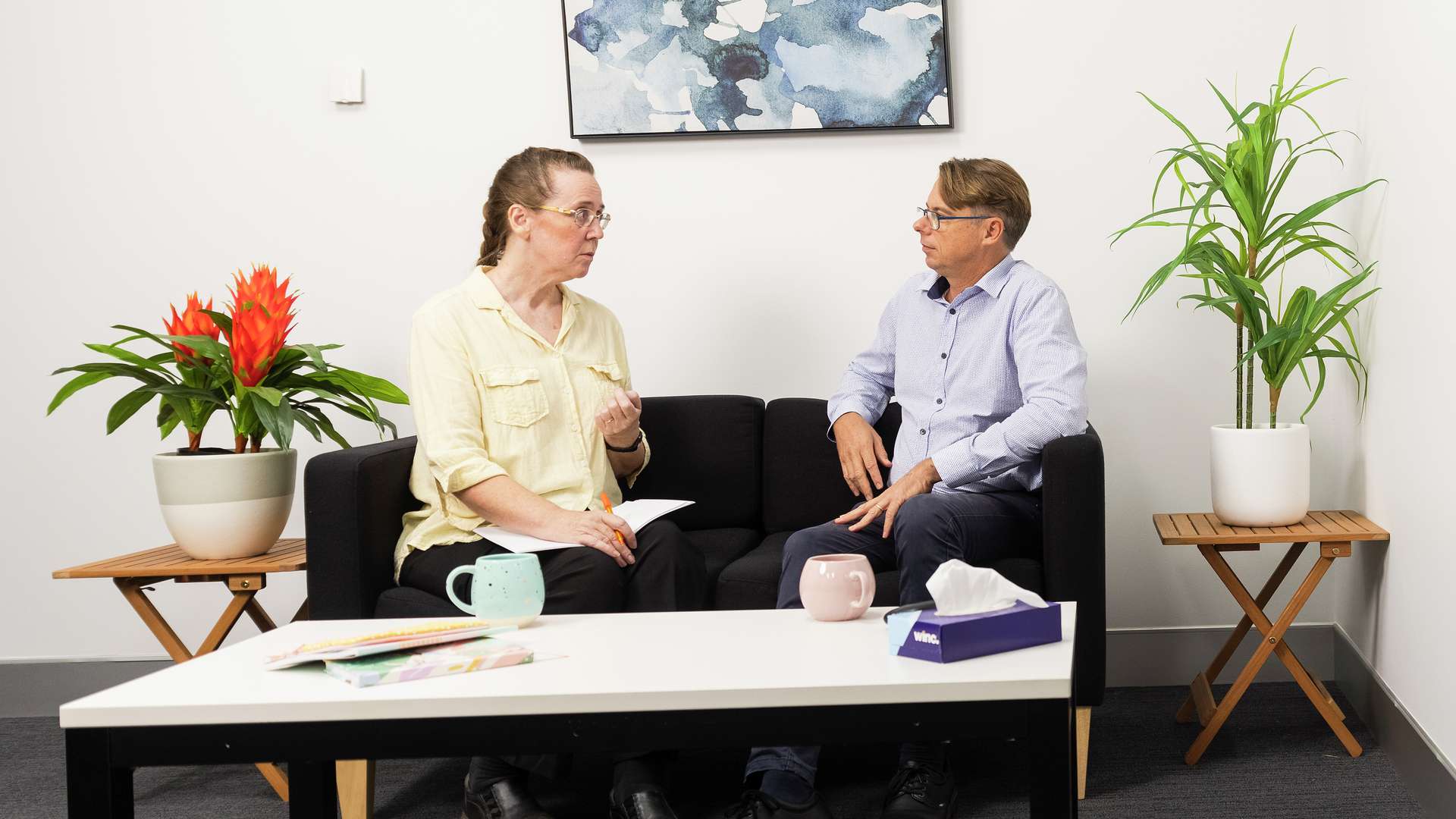This course will allow you to enhance your learning in key specialist practice areas concerning domestic and family violence prevention. The units in this course relate to responding to victims and perpetrators, and leadership and management from a domestic and family violence perspective.
In the first four units, you will study topical issues, including domestic and family violence theories and perspectives, responses and interventions, and advanced studies in domestic and family violence practice. These units are common to the Graduate Certificate in Domestic and Family Violence Practice. You will then have the opportunity to continue tailoring your studies to suit your career interests by choosing elective units. In addition to the elective units available in the graduate certificate, choose units in areas such as leadership and management, advanced skills for men’s behaviour change, integrated services and systems for men’s behaviour change, and sexual violence.
You will develop a range of transferrable skills suitable for a range of professions and occupations. You will write a research proposal focussing on a feasible plan to address an aspect of practice in domestic and family violence. You will explore the implications of the intersection of gender, culture and ethnicity in the research context.
Developed with the Queensland Centre for Domestic and Family Violence Research, our courses are directly connected to ongoing research in the field, meaning you’ll have access to the latest information and techniques. You will benefit from a highly contextual course that will prepare you with up-to-date knowledge and skills to work in both government and private sector roles. Plus, benefit from the ultimate flexibility to study entirely online, where you set your own pace to fit study around your life.
